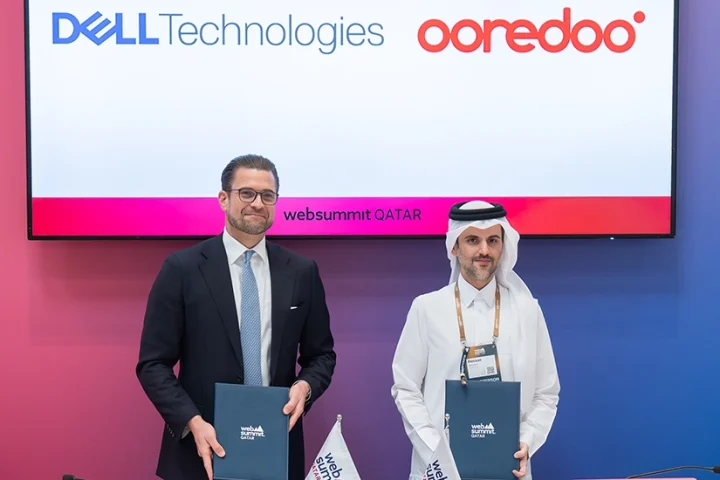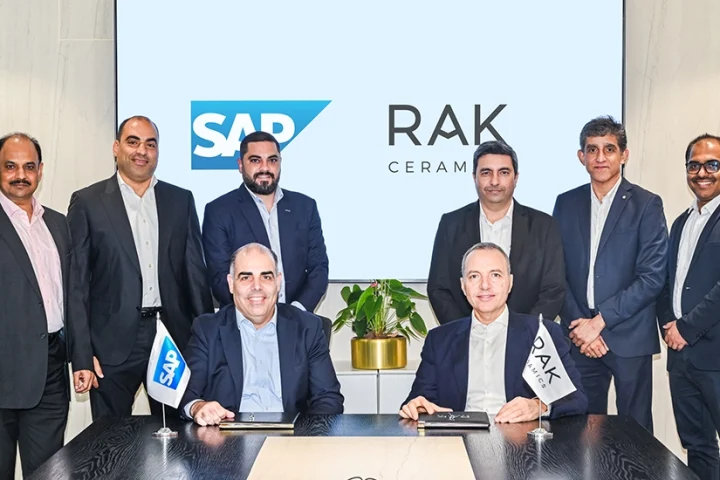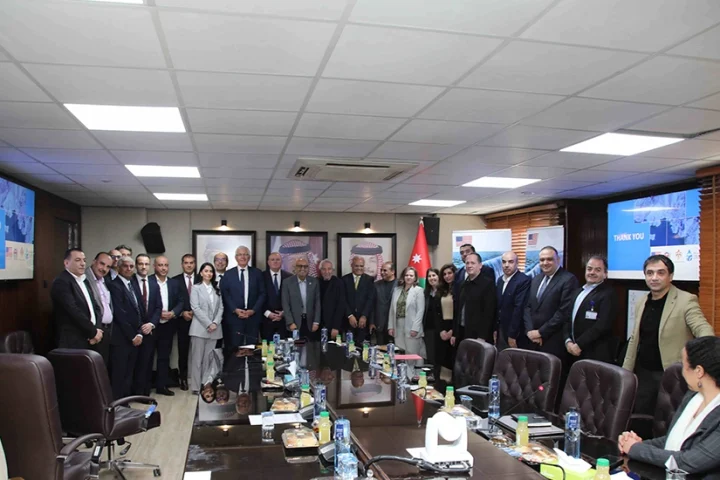F5 announced its continued support for Cloud Native Computing Foundation’s OpenTelemetry, an open source framework providing a standardized collection of tools to instrument, generate, capture, and export telemetry data to help IT teams better analyze their solutions’ performance and behavior. In a development partnership with ServiceNow, F5 has contributed approximately 40,000 lines of code to double the compressibility of the OpenTelemetry Protocol.
This innovation reduces the costs of exporting data from data centers, clouds, and edge locations to a telemetry platform by half, depending on the specific data workload. To put the size of this contribution in perspective, the typical software developer produces between 10,000 and 25,000 lines of code each year and the average open source project comprises around 35,000 lines of code.
Optimizing the collection, ingestion, and analysis of telemetry data such as metrics, logs, and traces enables organizations to more efficiently and performantly deliver intelligent, automated responses amidst variable IT conditions. As an example, telemetry can help security teams detect and prevent fraudulent and nefarious activities by comparing login and behavioral characteristics of users and applications against typical usage patterns. Customers who export such telemetry data from public clouds to a telemetry aggregation system using this new refinement to the OpenTelemetry Protocol can expect their egress costs related to telemetry traffic to be reduced by 50%.
“Modern networking solutions, applications, and users generate unfathomably large volumes of data in the course of everyday operations, making compression rates essential to bringing the benefits of comprehensive telemetry to more organizations in a cost-effective manner,” said Laurent Quérel, project lead and distinguished engineer at F5. “While today’s enterprises are much better suited to capture and analyze data versus their historical counterparts, challenges have persisted around effective transport, centralization, and standardization, which is why F5 has invested in the OpenTelemetry project. By adopting OpenTelemetry across the F5 portfolio—and continuing to participate in leading open source efforts with organizations like ServiceNow—we see limitless use cases to make applications more adaptive to changes in their runtime environment via performance assessment, added efficiencies, and enhanced forensics while keeping customer costs to a minimum.”
Beginning with attempts to further optimize the OpenTelemetry Protocol in the context of Apache Arrow to significantly increase processing speed and reduce bandwidth costs, F5 partnered with ServiceNow Cloud Observability to introduce the OpenTelemetry Arrow Project and reference implementation guidance. Apache Arrow is an open source technology enhancing big data, analytics, and machine learning used to provide standardized representations of structured and semi-structured data in a more actionable, digestible format and promote advanced telemetry capabilities.
For many organizations, transporting and processing such data efficiently accounts for a significant portion of the cost associated with telemetry pipelines. Standardizing telemetry is especially critical because sufficient observability and AI-driven analysis require a uniform intake of data points from the entire IT stack. Protocol enhancements and standards developed and refined within an open source community provide surrounding industries with a powerful ecosystem of projects and solution infrastructure to build out tailored capabilities specific to their organizations and users. This approach also gives F5 customers heightened visibility into the immediate factors impacting their applications, better positioning IT teams to make strategic investments over time.
“When Lightstep co-founded the OpenTelemetry project, our goal was to work within the open source community to help enterprises maximize visibility without increasing spend,” said Daniel “Spoons” Spoonhower, chief architect at ServiceNow Cloud Observability, formerly known as Lightstep. “Through this work with F5, we’re continuing to execute on what enterprises need—the ability to ship more data at a lower cost.”





















